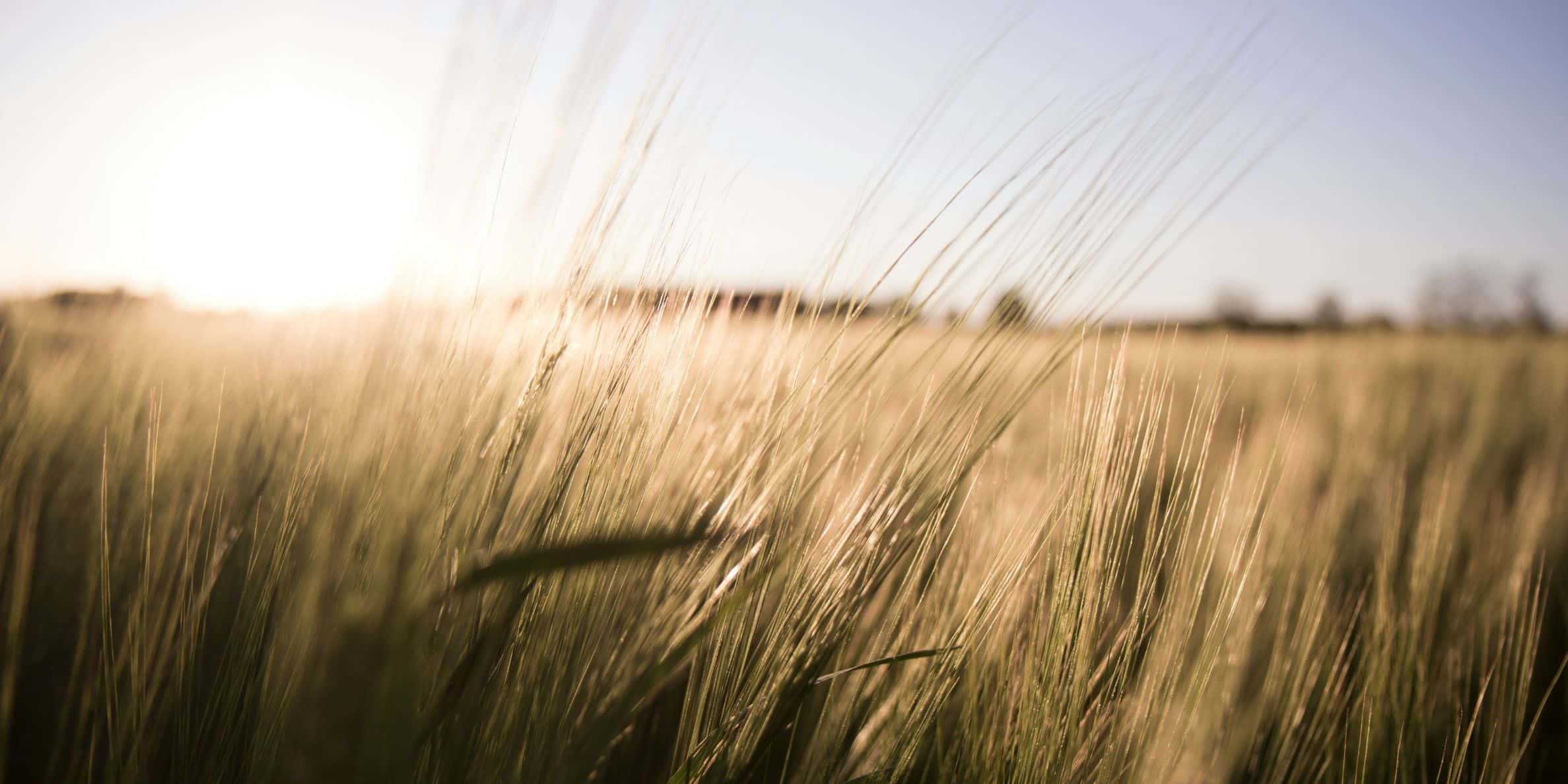
Dedicated minister, Revd Benjamin Ulbricht balances his local ministry with work for the Christian Council of Churches, Sweden. Discover his passion for peace and reconciliation, shaped by his upbringing and experiences in Gotland, a strategic location in the East-West conflict. Learn practical tips for cultivating peace in your own life, from managing conflicts constructively to fostering empathy.
Tell us a bit about yourself
I’m a family father and minister living on the little island of Gotland in the middle of Baltic Sea in Sweden. I’ve been living here for just under 20 years – most of my adult life. I have German roots and I met my wife when we were both in Taizé in France. Besides working in a congregation, I also work for the Christian Council of Churches, our ecumenical national organisation, where I have the privilege of working with Christians on questions regarding peace, sustainability, political theology and so on. That’s part time and then part time I’m here living here in the congregation and preparing meals for my family and occasionally playing some music!
How did you become interested in peace and reconciliation?
I think there have been semi-conscious seeds of that in my upbringing. With a German background, you’re historically trained to think in terms of reconciliation. There were a lot of reconciliation initiatives for young people when I was growing up. Then living several years in Taizé also cultivated a sense of reconciliation as being a part of the Christian journey.
However, things became very conscious and concrete when we moved to Gotland, this island in the Baltic Sea. It has a symbolic, strategic place in the East-West conflict, at least from a Swedish perspective. It’s a conflict that has been low intensity for many years and is now more intense. Given my East German background – living on the ‘other side’ of the Berlin Wall – I realised that I’ve ended up in this place in the middle of this conflict and I need to take responsibility for that. Or, rather, I would like to respond.
What do you think it means to cultivate a culture of peace?
I think cultivating a culture of peace is cultivating a culture of good conflicts. I’m very keen on telling people that the aim is not a world free of conflicts because that would be both unrealistic and actually quite destructive. Instead, we need to navigate conflicts well – this is also what Difference is about.
Another aspect of this is that peace culture is built in both budgets and hearts. Budgets are a very tangible aspect of peace which are a bit underestimated and definitely under-funded. Where we put our money, where we put our collective energy, matters. Cultivating a culture of peace means reinvesting and shifting investments.
Then there’s the internal aspect – the culture of the heart. And there it’s very much about inserting space and time into our conflicts and conversations. It’s about listening beyond words – beyond accusations – for feelings and for the needs of the other person. It’s disentangling myself from the other person’s words, feelings and needs because quite often I entangle myself in a bad way. I see myself as the cause of the other person’s feelings and needs – and that’s not a good connection. Disentangling myself from this means I can be present with them and not take things as personally.
Remaining present can become more painful before it becomes more fruitful, and I think that’s something to be aware of. Trying to cultivate a culture of peace doesn’t immediately lead to serenity necessarily. It deepens feelings, both the pleasurable ones and the more uncomfortable ones.
How can we cultivate a culture of peace in our everyday lives?
In my own encounters, I try to have this habit of consciously making space. Before an encounter that I judge to be really important or that makes me a bit more nervous, I pause for a minute or so. I do a body check – what are my feelings, what are my needs? I try to become aware of the prejudices I have about the other person that I am going to meet, and I try to get rid of them. I try to connect with the human being, recognising my own vulnerability in them or focusing on a beautiful glimpse I might have gotten of their soul. Thus, I try to be less occupied with my own diminished image of them and give them the possibility to disclose themselves and really meet with them.
In terms of family life, I want to try to show up as well with my family as I would with my congregation. I try to treat those who I think I know the best with the same curiosity and respect and integrity as I show to those who I’m aware I don’t know as thoroughly. It’s both about remaining curious but also, especially with my kids, reminding myself that I’m not the one who’s forming them or who ‘owns’ them or who is responsible for their choices or their path. Again, I disentangle myself from their needs, wishes and feelings in the sense of giving them the right to own and cultivate those things themselves.
You mentioned curiosity, so do you have a favourite Difference habit?
Being present is the one that challenges me the most. Sometimes, not least in my personal conflicts when it comes to family, the density and the intensity make me want physically to flee, turn my back or leave the room. That’s not helpful and can be annoying and hurtful to the others! So, I try to practise being present which also means refraining from giving a diagnosis of the conflict, or the other person. Refraining from demands and defensiveness or the ‘right or wrong’ game and going for understanding instead.

Revd Benjamin Ulbricht is a chaplain in Visby, Gotland, and the Secretary of Theology and Sustainability at the Swedish Council of Churches.



